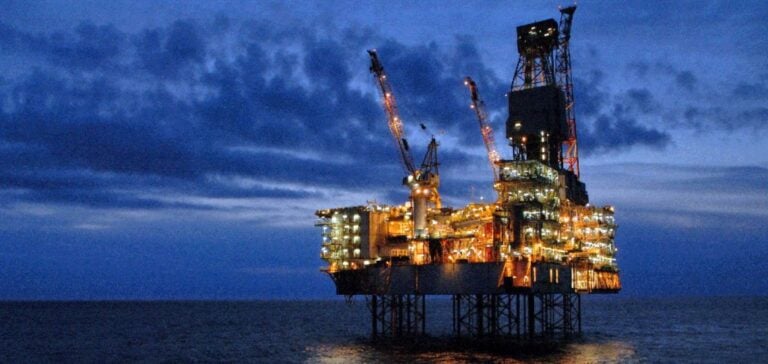The exploitation of natural gas in Africa is gaining momentum, marking a strategic turning point in the continent’s energy landscape. Between 2010 and 2015, significant discoveries offshore Mozambique and Tanzania, estimated at 170 Tcf of gas resources, redefined Africa’s energy ambitions. This wealth of gas now places Africa at the heart of the global energy transition, where gas is seen as a crucial vector towards a more sustainable future, while the climate is a crucial issue for the continent. Current developments, particularly in Mozambique, where TotalEnergies’ controversial gas project has been relaunched, could make this country Africa’s biggest LNG exporter.
Impact of European demand on African exploration
European energy security, shaken by the conflict between Russia and Ukraine, has heightened the strategic importance of African gas. This has stimulated the development of Africa’s vast gas resources, supporting European energy needs while offering economic opportunities to host countries. LNG projects in Mozambique, as well as initiatives in Senegal, Mauritania and the Republic of Congo, bear witness to this dynamic. In just two years, Africa is poised to enrich its portfolio with the addition of three new LNG exporting countries.
Transition from coal to gas and renewables
In sub-Saharan Africa, coal plays a dominant role in power generation, accounting for almost 40% of installed capacity. However, ageing power plants and increasing financing difficulties are driving the continent towards cleaner alternatives. China’s withdrawal from financing new coal projects marks a significant pivot towards natural gas and renewable energies. Africa’s liquefaction capacity currently stands at nearly 75 million tonnes/year. This figure is set to rise to just under 130 million tonnes/year by early 2040, according to S&P Global LNG research, and will include several new LNG exporting countries. By 2050, gas could account for around 35% of electricity generation in Africa, while coal’s share would fall to less than 3%.
Competition for capital investment in the oil and gas industry is intensifying, as African countries seek to position themselves advantageously in the energy transition. Nations perceived as stable and offering attractive tax terms, such as Namibia, Morocco and Egypt, are attracting more investment. Faced with this competition, established producers like Angola are striving to improve their conditions to remain competitive. This dynamic reflects the rapid evolution of the African energy landscape, which is set to play a growing role in the global energy balance.






















